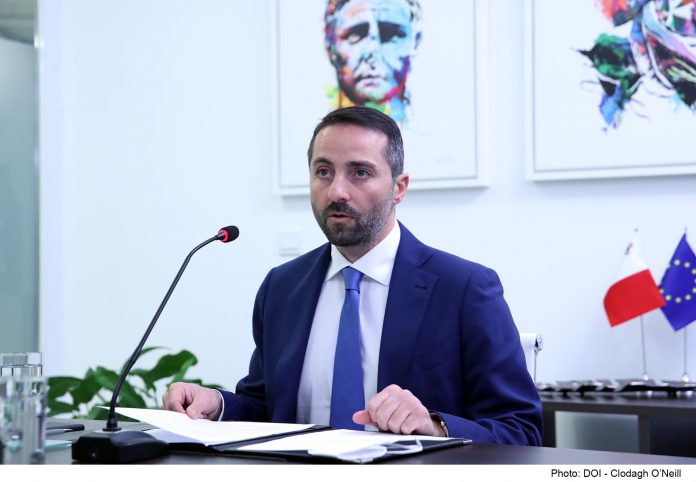
Malta has joined its European peers in seeing an influx of digital nomads, as remote working becomes more and more mainstream in the wake of the pandemic. As employers acknowledge the pros, value and productivity of a remote or hybrid workforce, individuals who are seeking to work abroad are looking beyond their borders to combine work, travel and leisure into a workaction.
The idea was for Malta to be among other EU countries to offer nomads a temporary stay permit and the Nomad Residence Permit was launched in June 2021.
Malta is not new to digital nomads and there already is an established community of nomads hailing from EU countries. These individuals do not need permits as they enjoy freedom of movement across Schengen. Residency Malta’s permit now extends this possibility of working remotely from Malta also to third country nationals.
To date, Residency Malta received 180 applications—an average of one every working day. The Agency received several hundred other queries, which it is hopeful will translate into applications at a later stage, when travel restrictions ease and the Covid situation settles.
The majority of applicants hail from the UK and the US. Applicants have an average age of 37 and are predominantly male. Most applicants are employed and self-employed, tailed by freelancers. Popular sectors are IT, management and marketing but other sectors are also represented, with the common element being that the work can be done remotely.
“With a significant average income of €60,000 and applicants who overwhelming have a degree, Malta is attracting quality applicants who are able to contribute to the local economy,” said Charles Mizzi, Chief Executive Officer of Residency Malta.
“The Government has always been fast in responding to international trends,” said Parliamentary Secretary for Citizenship and Communities Alex Muscat. “People are embracing a new way of working remotely, and Malta wanted to jump at this opportunity to welcome digital nomads from third countries.”
“This initiative requires a relatively low effort from the government while reaping the benefits of the lifestyle that digital nomads lead – they rent apartments or use Airbnbs, use public transport and cabs, eat and drink, spend money on entertainment and in restaurants and explore cultural sites. At the same time, the country is attracting new ideas, skills and talent. Digital nomads have a reputation for also being entrepreneurs, being mostly relatively young or young at heart, adventurous, and willing to launch their ideas in new markets.”
“Our story is still unfolding and once the pandemic is over the numbers can only grow. At the same time, we are after quality residents. We are also sure that our formally registered applicants are only part of the story and that digital nomads in their totally locally far exceed these numbers.”
About the Nomad Residency Permit
To be eligible, applicants must be non-EU individuals having a gross monthly income threshold of EUR 2,700. They should work for an employer registered abroad, conduct business activities for a company registered abroad (e.g. partner or shareholder) or offer freelance or consulting services to clients abroad.
Moreover, applicants must have a valid travel document and health insurance cover. They must also provide proof of address and pass a background verification check.









